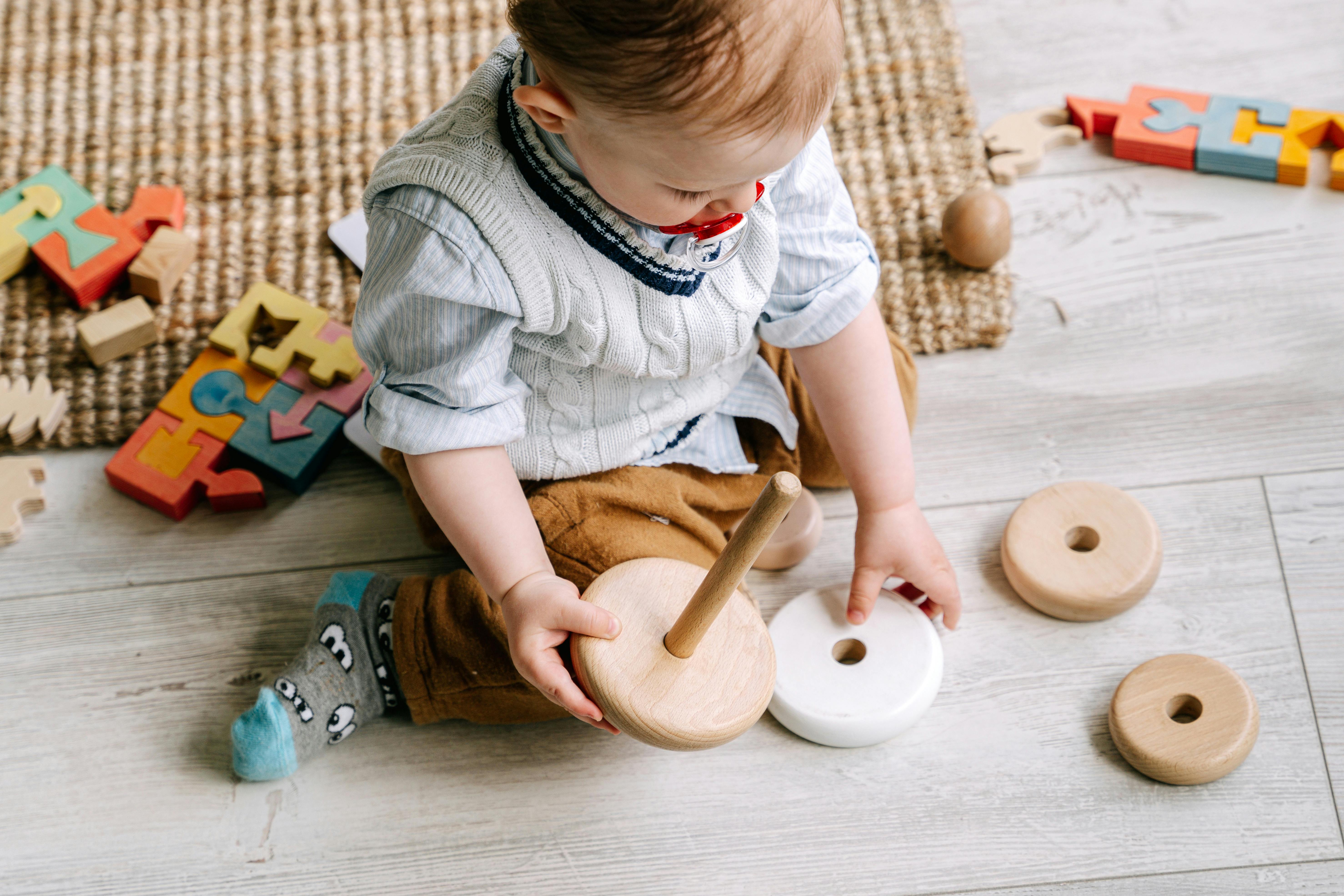Table of Contents
Effective Communication
One of the most critical aspects of emergency planning for babysitters is effective communication between the babysitter and the employer. Before leaving your children in the care of a babysitter, be sure to provide them with detailed information about your children’s routines, habits, and any specific needs they may have. Additionally, it is essential to discuss emergency procedures, such as what to do in the event of a fire, severe weather, or medical emergency. Clear communication will ensure that the babysitter knows how to handle any situation that may arise and can act quickly and decisively to keep your children safe.
On-Demand Childcare in Your Neighborhood
Book a Sitter
Emergency Contact Information
Another crucial component of emergency planning for babysitters is providing them with up-to-date emergency contact information. Make sure your babysitter has a list of contact numbers for you, other family members, neighbors, and emergency services. In the event of an emergency, having easy access to these phone numbers can save precious time and help the babysitter to quickly reach out for assistance. It is also a good idea to program emergency numbers into your babysitter’s phone or write them down in a visible and easily accessible location in your home.
Child-Specific Emergency Plans
Every child is unique, with individual needs and potential emergency risks. When creating an emergency plan for your babysitter, be sure to consider any specific requirements or challenges that your children may have. For example, if your child has a severe allergy or medical condition, make sure that the babysitter is aware of how to handle an emergency related to that condition. Provide the babysitter with any necessary medications, instructions for administering them, and contact information for your child’s healthcare provider.

First Aid and CPR Training
One of the most valuable skills a babysitter can have is training in first aid and CPR. In the event of a medical emergency, knowing how to administer first aid or perform CPR can make a significant difference in the outcome for your child. When hiring a babysitter, look for candidates who have completed a certified first aid and CPR training course.
If your babysitter does not have this training, consider investing in a course for them or providing them with resources to learn these vital skills.
Practice Emergency Drills
Finally, practicing emergency drills with your babysitter is an essential part of emergency planning. Conduct regular drills to simulate common emergency scenarios, such as a fire or severe weather event, and ensure that your babysitter knows how to respond appropriately. Practice evacuating your home, locating emergency supplies, and contacting emergency services. This hands-on training will help your babysitter feel confident and prepared to handle emergencies if they occur while caring for your children.
In conclusion, emergency planning for babysitters is a crucial aspect of childcare that should not be overlooked. By following the five tips outlined in this article – effective communication, providing emergency contact information, creating child-specific emergency plans, ensuring your babysitter has first aid and CPR training, and practicing emergency drills – you can help ensure that your babysitter is well-prepared to keep your children safe in any situation. Investing time and effort into emergency planning for babysitters will provide you with peace of mind knowing that your children are in capable hands, even in the event of an emergency.










